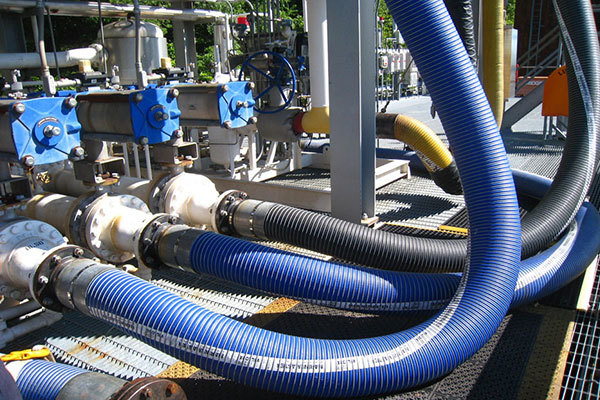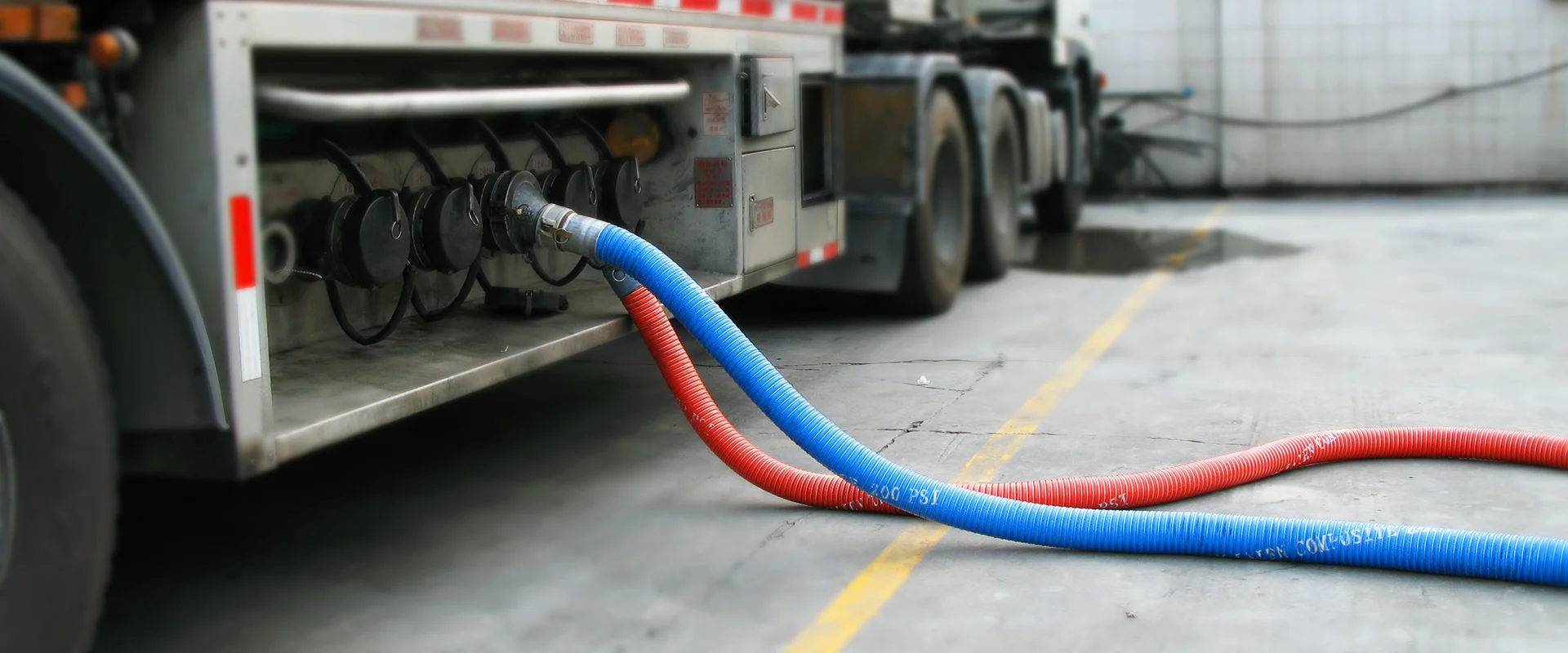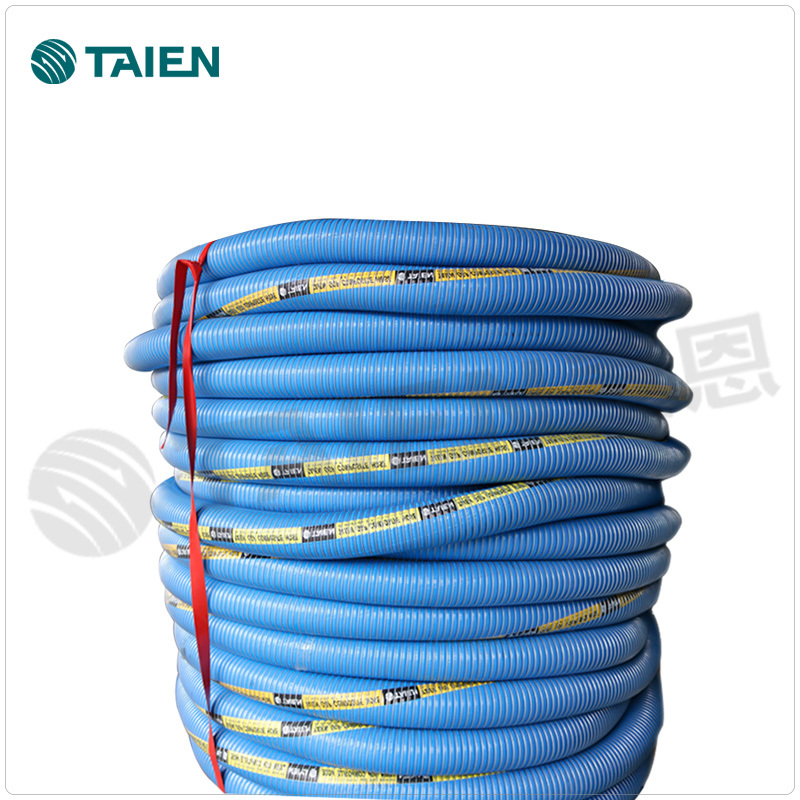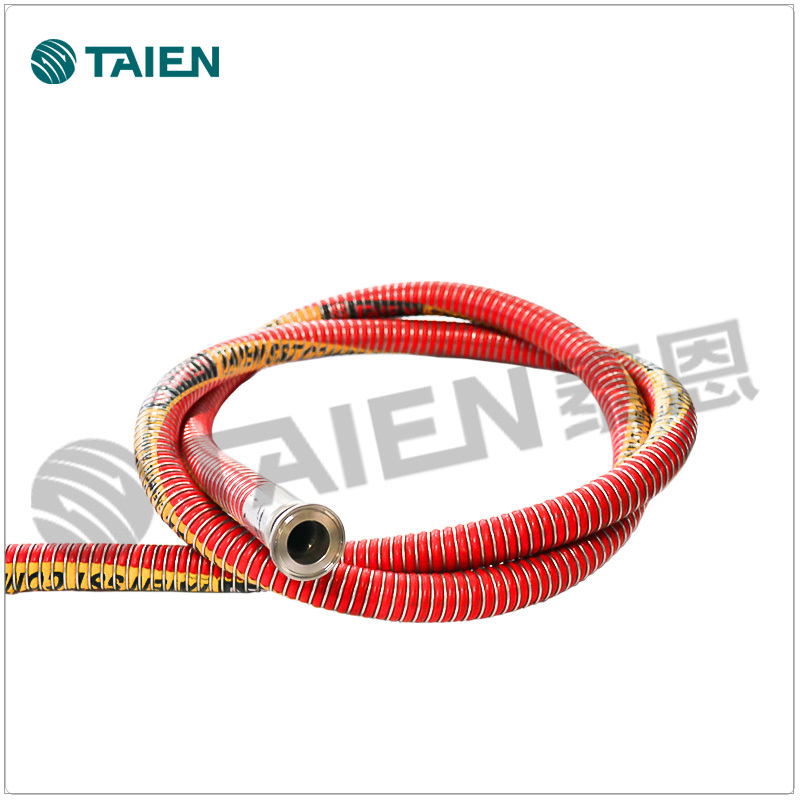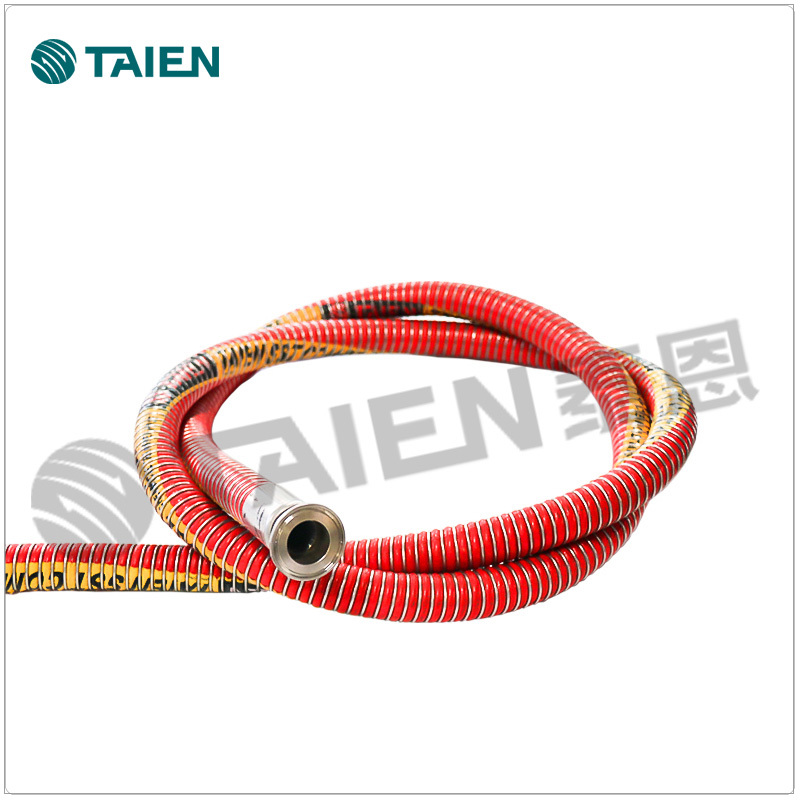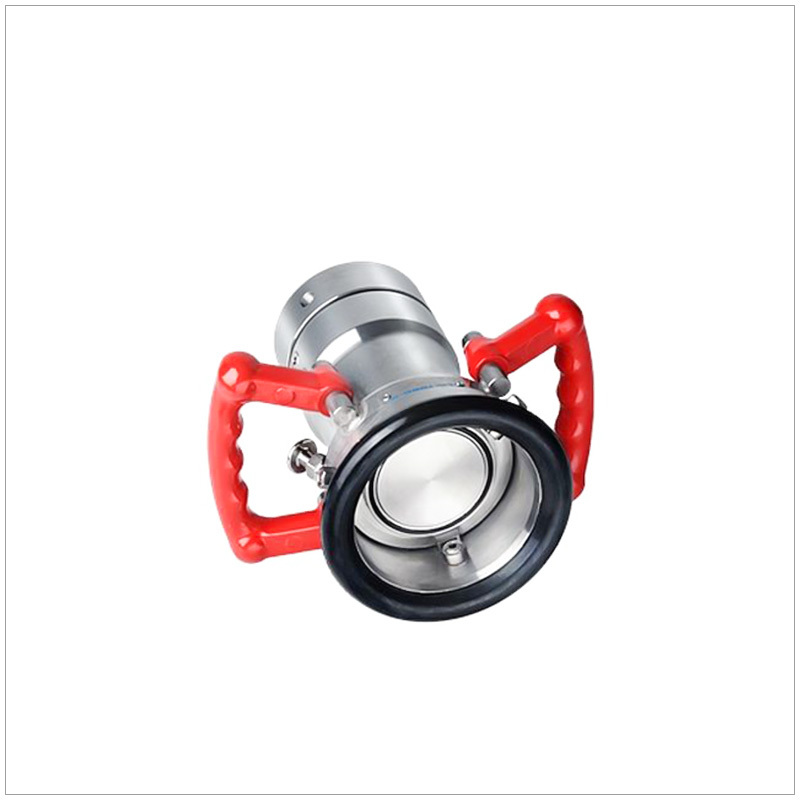Comparing Rubber and PVC Industrial Hoses: Which is Better for Your Applications?
Release time:
2025-06-28
Author:
Source:
Abstract
Comparing Rubber and PVC Industrial Hoses: Which is Better for Your Applications?
Table of Contents
Introduction to Industrial Hoses
What are Rubber Industrial Hoses?
What are PVC Industrial Hoses?
Comparing Rubber and PVC Hoses
Durability and Longevity
Flexibility and Handling
Temperature Resistance
Chemical Resistance
Comparing Rubber and PVC Industrial Hoses: Which is Better for Your Applications?
Table of Contents
- Introduction to Industrial Hoses
- What are Rubber Industrial Hoses?
- What are PVC Industrial Hoses?
- Comparing Rubber and PVC Hoses
- Durability and Longevity
- Flexibility and Handling
- Temperature Resistance
- Chemical Resistance
- Cost-Effectiveness
- Common Applications for Rubber and PVC Hoses
- Environmental Impact of Rubber and PVC
- Conclusion: Making the Right Choice
- Frequently Asked Questions (FAQs)
Introduction to Industrial Hoses
Industrial hoses are essential components in various sectors, including manufacturing, agriculture, construction, and automotive industries. The right hose can significantly impact operational efficiency, safety, and overall performance. Among the most commonly used materials for industrial hoses are rubber and PVC (polyvinyl chloride). Both materials have their unique advantages and disadvantages, making them suitable for different applications. In this article, we will delve into a detailed comparison of rubber and PVC industrial hoses, helping you determine which is better for your specific needs.
What are Rubber Industrial Hoses?
Rubber industrial hoses are made from natural or synthetic rubber compounds. These hoses are known for their excellent flexibility and resilience, making them ideal for a wide range of applications. Rubber hoses can withstand harsh environmental conditions, including extreme temperatures and exposure to various chemicals. They are commonly used in applications that require high pressure and durability.
What are PVC Industrial Hoses?
PVC industrial hoses, on the other hand, are made from polyvinyl chloride. This material is lightweight and has a smooth inner surface, offering excellent flow characteristics. PVC hoses are typically more affordable than rubber hoses and are resistant to a range of chemicals. They are suitable for applications that do not demand high durability or extreme temperatures, making them a popular choice for less demanding tasks.
Comparing Rubber and PVC Hoses
When deciding between rubber and PVC hoses, several factors come into play. Below, we explore key aspects that define the performance of each type of hose.
Durability and Longevity
**Durability** is a crucial factor when selecting industrial hoses. Rubber hoses typically exhibit superior durability, allowing them to withstand wear and tear over an extended period. They can resist abrasions and are less likely to crack or degrade under stress. PVC hoses, while more affordable, may not offer the same level of durability. They are prone to damage from UV exposure and can become brittle over time, particularly in harsh environments.
Flexibility and Handling
**Flexibility** is another important characteristic. Rubber hoses are known for their excellent flexibility, which allows for easier handling, maneuverability, and installation. This quality is especially beneficial in applications where the hose must navigate around tight corners or obstacles. PVC hoses are also flexible but may not bend as easily as rubber hoses, which could limit their usability in certain situations.
Temperature Resistance
**Temperature resistance** is a critical factor in many industrial applications. Rubber hoses can typically withstand higher temperatures compared to PVC hoses, making them suitable for applications involving hot liquids or steam. PVC hoses may begin to deform or lose their structural integrity at elevated temperatures, which can limit their use in high-heat environments.
Chemical Resistance
When it comes to **chemical resistance**, rubber hoses can handle a wider range of chemicals, including oils and solvents, without degrading. PVC hoses offer reasonable chemical resistance as well; however, they may not be suitable for all aggressive chemicals and can degrade when exposed to certain solvents. Understanding the specific chemicals your application involves is vital in making the right choice.
Cost-Effectiveness
**Cost-effectiveness** is often a deciding factor for businesses. PVC hoses are generally less expensive to produce and purchase than rubber hoses, making them an attractive option for budget-conscious companies. However, it is essential to consider the total cost of ownership, as the longer lifespan and durability of rubber hoses may provide better value over time, despite the higher upfront cost.
Common Applications for Rubber and PVC Hoses
The choice between rubber and PVC hoses often depends on the specific application. Here are some common uses for each type:
**Rubber Hoses:**
- **Mining and Construction:** Used for transporting water, air, and other fluids.
- **Automotive:** Commonly used in brake lines and fuel systems.
- **Agriculture:** Suitable for irrigation systems and transporting chemicals.
**PVC Hoses:**
- **Food and Beverage:** Often used for food-grade applications due to their non-toxic properties.
- **General Water Transfer:** Used for irrigation, swimming pools, and general water discharge.
- **Air and Water Applications:** Suitable for low-pressure applications in various industries.
Environmental Impact of Rubber and PVC
Another important factor to consider is the **environmental impact** of rubber and PVC hoses. Rubber is a natural material that can be biodegradable, depending on its composition. However, the production process can involve significant energy consumption.
In contrast, PVC is a synthetic material that poses its own environmental challenges. While it can be recycled, the process is not as straightforward as that of natural rubber. The production of PVC can result in the release of harmful chemicals. As such, businesses should consider the overall environmental impact of their hose choices and opt for options that align with their sustainability goals.
Conclusion: Making the Right Choice
In conclusion, both rubber and PVC industrial hoses have their unique advantages and drawbacks. Rubber hoses are typically more durable, flexible, and resistant to temperature and chemicals, making them ideal for demanding applications. PVC hoses, while more cost-effective and lightweight, may not provide the same level of performance in extreme conditions.
To determine the best option for your needs, evaluate the specific requirements of your applications, considering factors such as pressure, temperature, chemical exposure, and budget. Making an informed choice will lead to improved efficiency, reduced downtime, and enhanced safety in your operations.
Frequently Asked Questions (FAQs)
1. Are rubber hoses more expensive than PVC hoses?
Yes, rubber hoses generally have a higher upfront cost compared to PVC hoses. However, their enhanced durability may provide better long-term value.
2. Can PVC hoses be used for hot water applications?
While some PVC hoses can withstand moderate temperatures, they are not recommended for high-temperature applications. Rubber hoses are a better choice in such cases.
3. How do I determine which hose to use for a specific chemical?
Refer to manufacturer specifications and chemical compatibility charts to ensure the hose material is suitable for the specific chemicals being transported.
4. Are there eco-friendly options for industrial hoses?
Yes, there are eco-friendly rubber hoses made from sustainable materials. Additionally, recycled PVC hoses are available, offering a more environmentally friendly option.
5. How should I maintain my rubber and PVC hoses for longevity?
Regular inspection for wear, proper cleaning, avoiding exposure to harsh elements, and storing hoses correctly can extend their lifespan. Following manufacturer guidelines will also help maintain performance.
By understanding the differences between rubber and PVC industrial hoses, you can make a knowledgeable decision that aligns with your operational needs and budget constraints.
Recommended Reading







